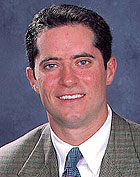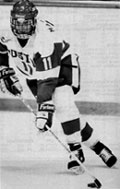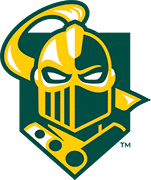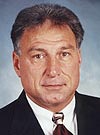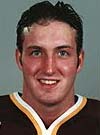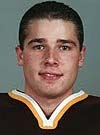So much sorrow…
All the images from the last few days keep racing through my mind. Strangely, the one that I find most haunting is a quiet one: the New Jersey grammar school with over 100 children in its gymnasium last Tuesday evening because no parent had come to pick them up. I reassure myself now that, no doubt, most of those parents eventually arrived. But in my mind’s eye I still see the tear-stained face of a little boy or girl whose wait will never end.
So much pride …
I feel such pride in the actions of all those rescue workers who risked — and in some cases lost — their lives to help others. Pride in those passengers on United Flight 93 who stormed the cockpit to prevent the monsters inside it from wreaking even more devastation. Pride in so many acts of heroism by so many Americans from so many walks of life.
Yet, we face so many dangers …
While we may focus on those dangers that have their roots outside of our borders, we must also fight the dangers from within.
First, as we fight this battle between good and evil — and yes, I believe it can be expressed in just such stark and unqualified terms — we must not become evil ourselves. Specifically, we must not allow our hatred of these monstrous acts to become prejudice against all Arabs and worshipers of Islam. Our radiowaves should not echo with hatred toward towelheads.
Prejudice is an evil that we must shun, not embrace, whether directed at Arabs or Jews, Christians or Muslims. The monsters who follow Osama bin Ladin do not speak for all Arabs or Muslims.
In decades past, did the Ku Klux Klan speak for all white people when that evil organization lynched African-Americans? Were German-Americans to be judged by the actions of Adolf Hitler and his henchmen? Were Japanese-Americans responsible for Pearl Harbor?
Of course not. Likewise, Arabs and Muslims should not be painted with the same brush as those monsters who acted against all common decency on September 11, 2001.
Let us punish the guilty with all severity while remaining a people that attempts to do what is right.
Second, our unity must hold despite all the differences which so typically splinter us into factions.
I was deeply saddened to hear the first words of divisiveness coming from the mouth of Jerry Falwell just two days after the horror. While many sought refuge in their faith, Falwell said, “The abortionists have got to bear some burden for this because God will not be mocked. And when we destroy 40 million little innocent babies, we make God mad. I really believe that the pagans, and the abortionists, and the feminists, and the gays and the lesbians who are actively trying to make that an alternative lifestyle, the ACLU, People For the American Way — all of them who have tried to secularize America — I point the finger in their face and say ‘you helped this happen.'”
To begin with, I doubt that there was a single abortion clinic or gay bar in the World Trade Center buildings. Presumably an omniscient, all-powerful yet angry God might be concerned with such factors if He wanted to punish such behavior. Furthermore, back on Dec. 7, 1941, we were not a nation that allowed abortion, feminism or alternative lifestyles and yet the attack on Pearl Harbor still happened. Was God mad at us then and if so, why was he mad at us instead of Hitler?
No, the attacks of those two days of infamy had none of God’s fingerprints on them. Osama bin Ladin’s in all probability, but not God’s.
Even if you agree with Falwell’s political and religious views, his comments were disgraceful. We must condemn such attempts to divide us and avoid the temptation to splinter ourselves into Christian vs. Muslim vs. non-believer, liberal vs. conservative, gay vs. straight, ethnic vs. white, rich vs. poor.
Finally, we must avoid perhaps our greatest danger from within: our increasingly razor-thin attention span. The War Against Terrorism will not be won in days or months. Even if we quickly get Osama bin Ladin handed over to us — I’m not holding my breath on that one — we will still be looking at years and decades as the timespans over which the battles against this evil must be waged.
We’ll accept our first long delay at the airport while our baggage is searched, but will we accept our 100th? And if we’re honest now, we’ll acknowledge that inconveniences at the airport may be only the least of the many changes coming to our lifestyle.
Do we as a people have what it takes?
We’ll find out.
